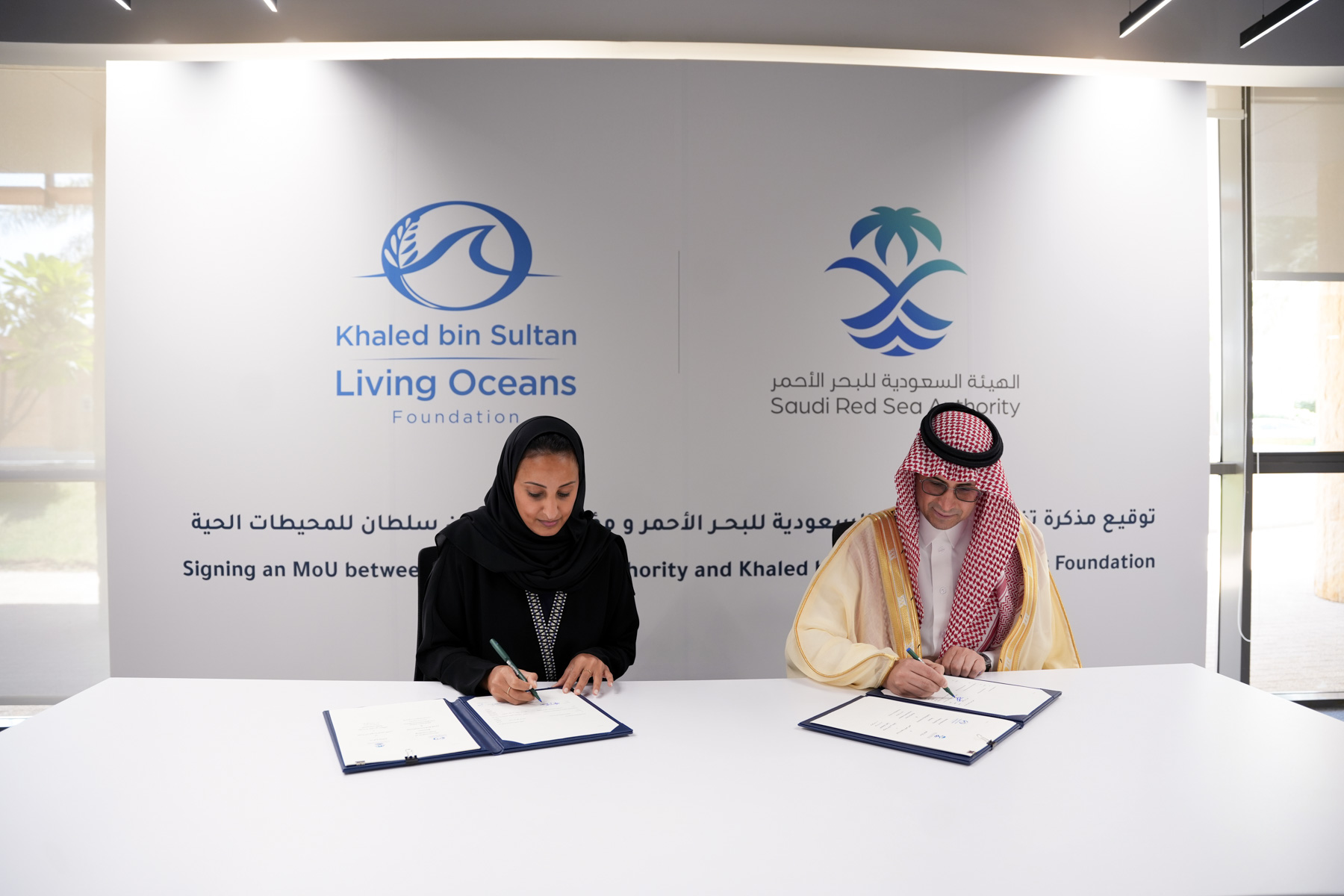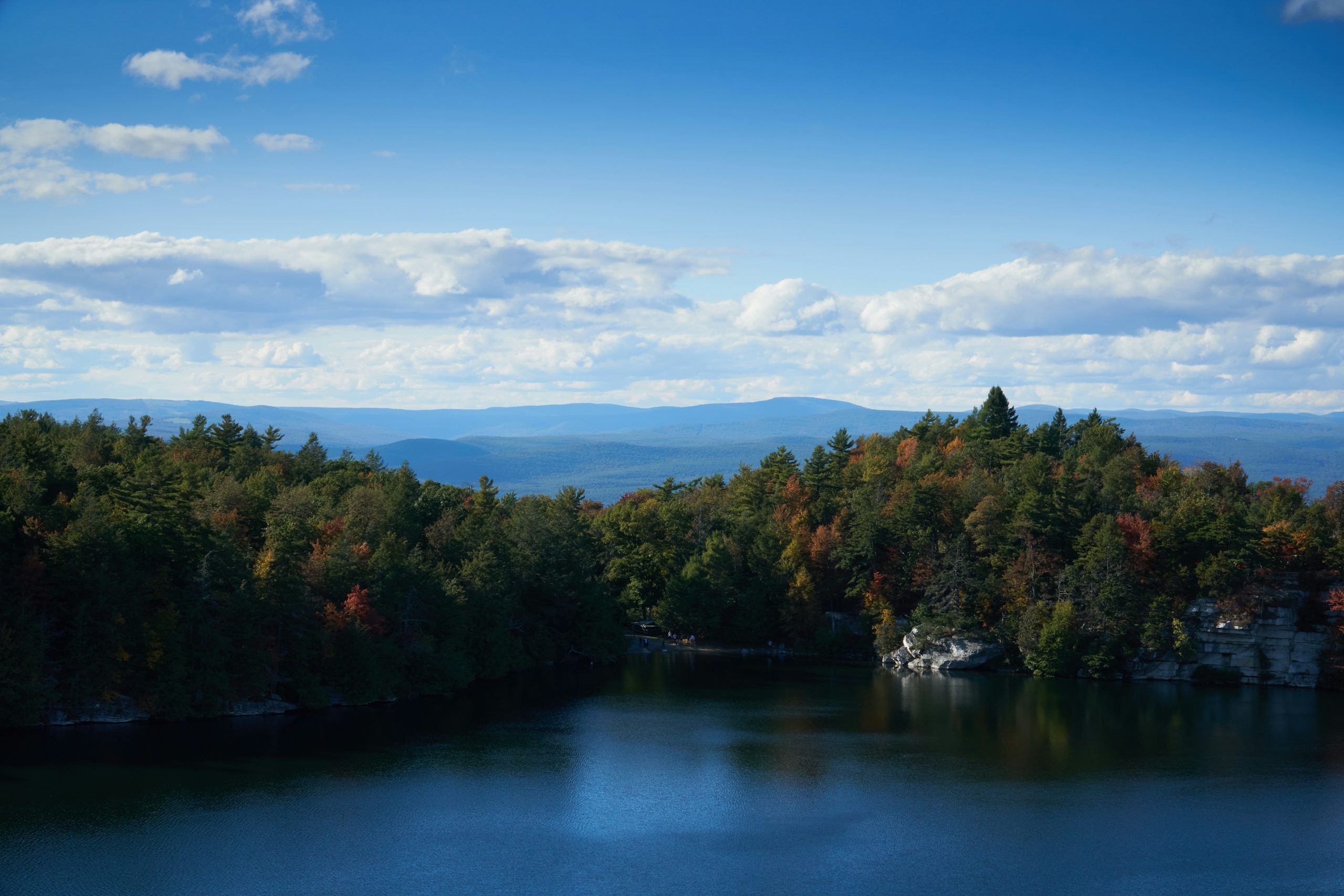MAY 31, 2024
Slow progress – Antarctic Treaty states agree on tourism issues without adopting measures. Protection for the emperor penguin is pending for the third year in a row.

Read the full Press Release here.
Kochi, May 30 2024: The 46th Antarctic Treaty Consultative Meeting (ATCM) ended in Kochi, India, today with environmental organizations welcoming decisions to work together on tourism, while expressing frustration that the pace of action remains much too slow to combat the urgent threats faced by Antarctic ecosystems, and bitter disappointment at the repeated failure to designate emperor penguins as a Specially Protected Species.
Tourism was a major focus of the 10-day meeting, and the Antarctic and Southern Ocean Coalition (ASOC) is reassured that – after years of inertia – Antarctic Treaty Parties demonstrated their willingness to work collaboratively to regulate this expanding industry. As a positive first step, Parties agreed to a list of priority items and committed to meeting ahead of the next ATCM to advance the establishment of the proposed tourism regulation framework. However, despite acknowledging the urgent need to address the growth and diversification of tourism, the Kochi meeting effectively delayed any concrete actions for yet another year.
“ASOC continues to urge Parties to develop – as a matter of priority – a comprehensive framework for the regulation of tourism that is both holistic and scalable. We repeat the call made ahead of the Kochi ATCM that Parties adopt enforceable regulations to prevent negative impacts on Antarctica’s biodiversity. This is vital to protect the Antarctic environment in the face of increasing human activity,” said Claire Christian, ASOC’s Executive Director.
Another encouraging development in Kochi was the positive response to concerns raised about the unregulated disposal of gray water in the Antarctic Treaty Area. Despite the toxicity of many of its constituents, discharging gray water used for bathing, laundry, etc., into the ocean remains unregulated internationally. ASOC called on the ATCM to impose stricter requirements on Antarctic vessels and research stations, and looks forward to working with Parties as they continue to take steps towards the goal of regulating the disposal of gray water in the Southern Ocean.
To the great disappointment of ASOC and its members, the ATCM once again failed to designate the emperor penguin as a Specially Protected Species. Despite the scientifically documented decline of this beloved species, the meeting could not reach consensus due to a small minority of Parties.
“Emperor penguins are increasingly vulnerable to changes in seasonal sea ice cover extent. They require stable sea ice as a platform to mate, incubate their eggs, raise their chicks and replace their feathers during annual molt. With the shocking decline in Antarctic sea ice that we are currently witnessing, these icons on ice may well be heading down the slippery slope towards extinction by the end of this century– unless we act now,” said Rod Downie, Chief Advisor Polar, WWF UK.
“ASOC is extremely concerned that the ATCM is unable to agree to use the conservation tools available to it, which have been agreed to by all Parties, to designate the emperor penguin as a Specially Protected Species. Moreover, the proposal was based on a compelling scientific analysis, which almost all Parties explicitly supported. We cannot understand the objections to taking this action,” said Claire Christian.
The fate of the emperor penguin, like that of all Antarctica’s wildlife, is directly linked to climate change. It is therefore deeply worrying that, while discussions in Kochi moved some climate work forward in an incremental fashion, this meeting revealed a general lack of response to climate change by the ATCM, despite notable efforts by some Parties.
“Once again, the ATCM failed to rise to the existential challenge of climate change. Keeping Antarctica’s ice sheets intact by reducing fossil fuel emissions is vital not just to safeguard the region’s unique wildlife; but to avert, or at least slow irreversible damage from sea-level rise on vulnerable millions living thousands of miles from the poles. It is well past time for the Parties to the Antarctic Treaty, which includes the world’s biggest carbon emitters, to recognize their responsibility to take action that reflects the scale and urgency of the threat,” said Pam Pearson, Director of International Cryosphere Climate Initiative (ICCI).
A successful and uniting moment in Kochi was a youth event organized by ASOC and its partner Environmental Action Germany, together with the Indian National Centre for Polar and Ocean Research (NCPOR), local partners, and with support from the German Environment Agency and the German Federal Ministry of the Environment. “Species-rich Antarctica” invited local youth to participate in a workshop attended by Antarctic scientists and meeting delegates, followed by an event at the ATCM, which included the inauguration of an artwork they contributed to: a terracotta mural depicting the Antarctic food web. After the ATCM, the artwork will be permanently exhibited at the Indian National Centre for Polar and Ocean Research in Goa.
Media contacts:
Patricia Roy (English, French, Spanish)- +34 696 905 907,
patricia@communicationsinc.co.uk;
Meike Schützek (German, English) – 0049176 82797897, info@meikeschuetzek.com
Notes to editors:
The Antarctic and Southern Ocean Coalition (ASOC) is a collaborative effort by conservation organizations from around the world to defend the integrity of Antarctic and Southern Ocean ecosystems from encroaching human activities. Its mission is to protect the Antarctic and Southern Ocean’s unique and vulnerable ecosystems by providing the unified voice of the NGO community.
About the Antarctic Treaty: A bit more than 60 years ago, in 1959 – at the brink of the Cold War – 12 countries agreed to the Antarctic Treaty. The central idea of the treaty was the freedom of scientific research in Antarctica and the peaceful use of the continent. Over the years, additional nations joined. Today, 56 countries are part of the Antarctic Treaty. The rally calls for all Antarctic countries to collaborate to protect the planet based on the core values of peace and science.
The Commission for the Conservation of Antarctic Marine Living Resources (CCAMLR) is the international body that is tasked with giving effect to the Convention and conserving Antarctica’s Southern Ocean. While the ATCM is separate from CCAMLR and does not involve itself in decisions concerning the proposals to create new MPAs in the Southern Ocean, both bodies fall under the Antarctic Treaty System. Additionally, 27 of the Parties to the Antarctic Treaty are also Members of CCAMLR. Thus CCAMLR and the ATCM share a common objective – preserving the health of Antarctic species and ecosystems – and must pursue similar policies to respond to the threat of climate change and to protect biodiversity. CCAMLR’s next annual meeting is happening in October 2024.
Further details:
Interview partners:
1. Claire Christian, Executive Director, Antarctic and Southern Ocean Coalition (ASOC)
2. Andrea Kavanagh, Director, the Pew Bertarelli Ocean Legacy Project
3. Meike Schützek, Consultant for the Antarctic and Southern Ocean Coalition (ASOC)
4. Sascha Müller-Kraenner, Executive Director, Environmental Action Germany (DUH)


